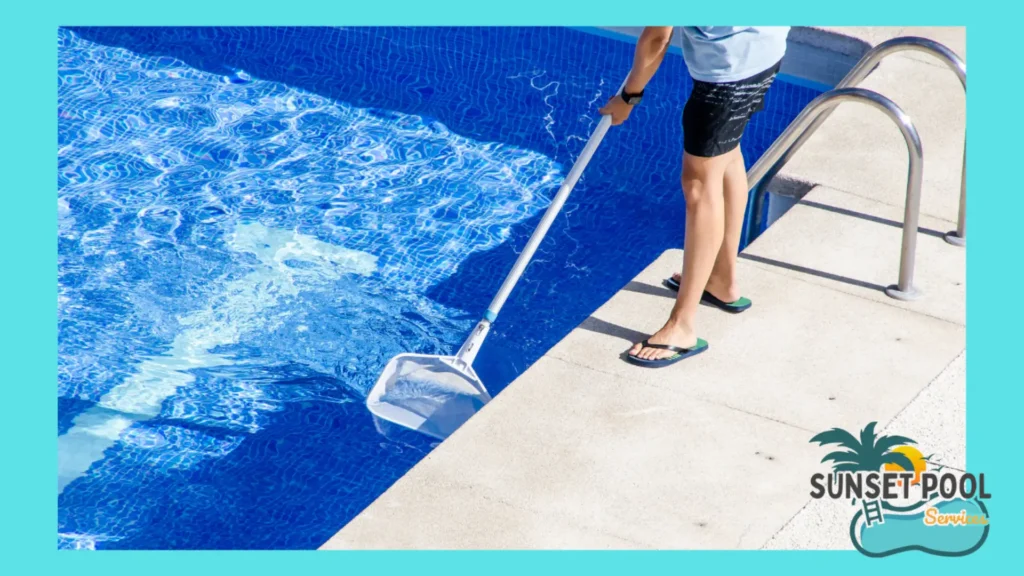Deciding on the right pool cleaning schedule can significantly impact the overall health and safety of your swimming pool. Various factors, such as usage frequency, location, and seasonal changes, can influence how often maintenance is needed. Finding a schedule that fits your specific situation ensures that your pool remains inviting and well-maintained without unnecessary hassle. Knowing what to consider when determining the frequency of cleaning can help you make informed decisions and keep your pool in top condition.
Assessing Pool Usage Frequency
One of the primary factors to consider when setting a cleaning schedule is how often the pool is used. Pools that see heavy use, especially in homes with large families or frequent gatherings, may require more frequent cleaning to maintain water quality. More frequent use introduces higher levels of body oils, sunscreen, and debris, making it essential to vacuum the pool, clean filters, and check chemical levels more often. For pools used occasionally, a weekly or bi-weekly cleaning schedule might suffice to keep the water clear and safe.
Considering Seasonal Changes and Weather Conditions
Seasonal changes and weather patterns can greatly influence the ideal cleaning schedule for your pool. During warmer months, pools are more susceptible to algae growth, debris accumulation, and increased chemical consumption due to higher temperatures. In these conditions, scheduling cleaning more frequently is essential to keep the water balanced. On the other hand, during cooler months, you may not need to clean as often, though regular checks are still recommended to prevent algae buildup and maintain the water’s chemical balance.
Taking Pool Location into Account
The location of your pool plays a significant role in determining the appropriate cleaning schedule. Pools situated near trees, gardens, or construction sites may collect more debris and dirt, necessitating more frequent cleaning. If your pool is in a covered or enclosed area, less frequent maintenance might be required, as it is protected from external elements. Understanding how the surrounding environment affects your pool helps you tailor a cleaning schedule that prevents unnecessary wear on equipment and keeps the water crystal clear.
Balancing Chemical Levels for Optimal Maintenance
Maintaining balanced chemical levels is crucial for any pool cleaning schedule. Regular testing of the water ensures that the pH, chlorine, and other chemicals are within safe ranges. Regardless of how often you clean your pool, monitoring the water chemistry should be a routine part of maintenance. This helps avoid common issues such as algae growth, cloudy water, or skin irritations, ensuring that your pool remains a safe and comfortable place for swimming.
Choosing the right pool cleaning schedule requires a thoughtful approach, considering factors like pool usage, location, and seasonal conditions. By understanding these elements, you can establish a maintenance plan that suits your needs, protecting your pool’s health and longevity.

